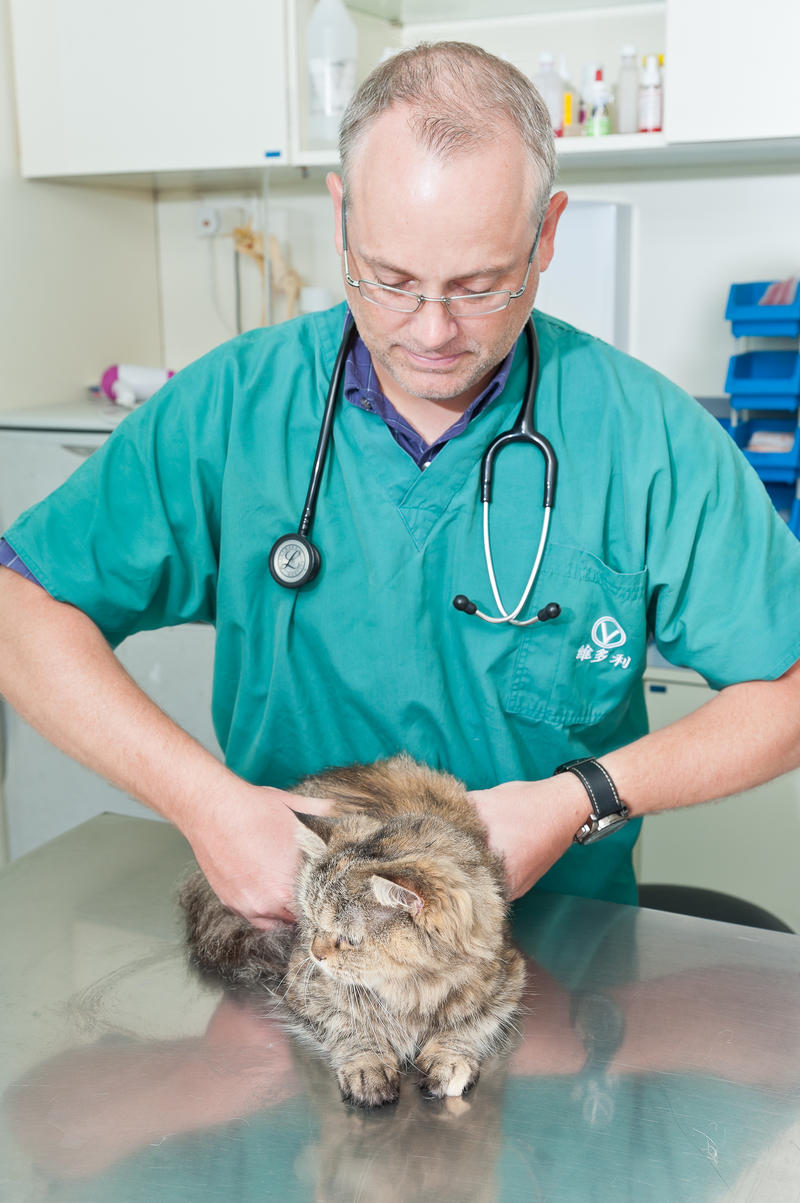Can Pet Rats Carry Diseases? Understanding the Health Risks and Safety Measures for Pet Owners
#### Can Pet Rats Carry Diseases?When considering bringing a pet rat into your home, one of the most pressing questions that may arise is: **can pet rats ca……
#### Can Pet Rats Carry Diseases?
When considering bringing a pet rat into your home, one of the most pressing questions that may arise is: **can pet rats carry diseases?** It’s essential to understand the potential health risks associated with pet rats, as well as the preventive measures you can take to ensure a safe and healthy environment for both you and your furry companions.
#### Understanding the Health Risks
Pet rats, like many animals, can indeed carry diseases that may pose a risk to humans. Some of the most common diseases associated with pet rats include:
1. **Leptospirosis**: This bacterial infection can be transmitted through contact with rat urine. Symptoms in humans can range from mild flu-like symptoms to severe illness.
2. **Salmonella**: Rats can carry salmonella bacteria, which can be transmitted to humans through contaminated food or surfaces. This can lead to gastrointestinal issues, including diarrhea and abdominal pain.

3. **Hantavirus**: Although more commonly associated with wild rodents, there is a risk of hantavirus transmission from pet rats, particularly when handling their droppings or nesting materials.
4. **Rat-Bite Fever**: This illness can occur after being bitten or scratched by a rat. Symptoms include fever, rash, and muscle pain. It’s essential to seek medical attention if bitten.
5. **Parasites**: Rats can harbor parasites such as mites, fleas, and ticks, which can also affect humans and other pets in the household.
#### Preventive Measures for Pet Owners
While the risks of disease transmission from pet rats exist, there are several effective strategies you can adopt to minimize these risks:

1. **Maintain Cleanliness**: Regularly clean your rat's cage and living environment. Replace bedding frequently and dispose of waste properly to reduce the risk of disease.
2. **Wash Hands**: Always wash your hands thoroughly after handling your pet rats, their bedding, or their food. This practice helps prevent the spread of bacteria and parasites.
3. **Regular Vet Check-ups**: Schedule regular veterinary visits for your pet rats. A vet can help monitor their health and detect any potential issues early on.
4. **Avoid Wild Rodent Contact**: Keep your pet rats away from wild rodents, as they can be carriers of various diseases that can be transmitted to domestic rats and, subsequently, to humans.
5. **Educate Yourself**: Understanding the signs of illness in your pet rats can help you act quickly if they show any symptoms. Be aware of changes in behavior, appetite, or physical condition.

6. **Responsible Breeding**: If you decide to breed your pet rats, ensure that you are doing so responsibly and ethically. This includes health screening for potential diseases in breeding pairs.
#### Conclusion
In conclusion, the question of **can pet rats carry diseases?** is a valid concern for potential pet owners. While pet rats can carry certain diseases, the risks can be effectively managed through proper care, hygiene, and regular veterinary attention. By taking the necessary precautions and being informed about the health risks, you can enjoy a happy and healthy relationship with your pet rats. They can be wonderful companions, offering affection and entertainment, as long as you are mindful of their health and the health of those around you.